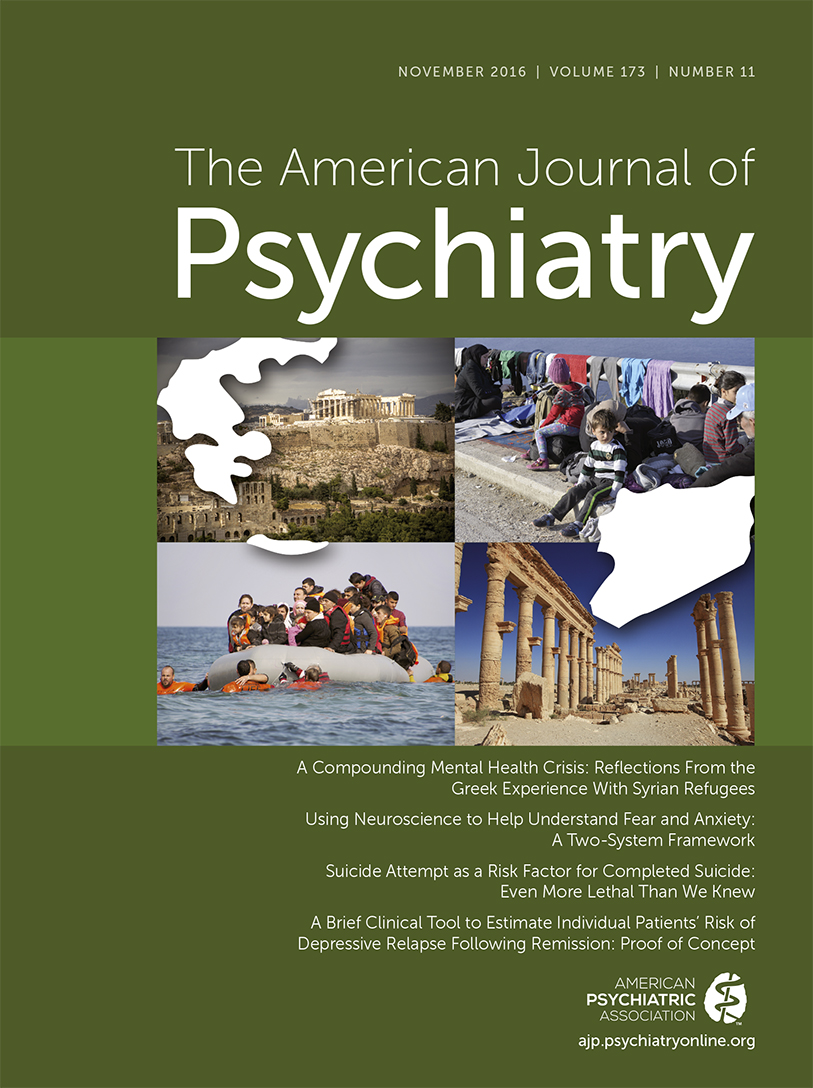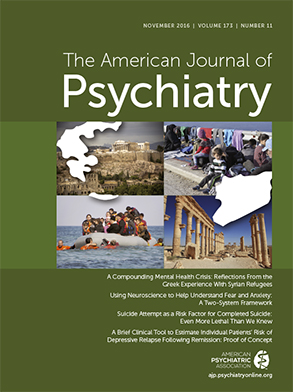In the preface to A Clinical Guide to Psychiatric Ethics, Laura Weiss Roberts writes that the book is “about approaching the ethical aspects of mental health care—both subtle and dramatic—with clarity, coherence, and optimism” (p. xiii). At a time when there is much to be pessimistic about given what we know, among other things, about burnout, declining compensation for physicians, increasing administrative burden, and decreased job satisfaction as a result, Dr. Roberts has achieved her goal admirably and eloquently. In her clearly written, exhaustively researched and referenced, and carefully synthesized most recent volume on psychiatric ethics, she identifies the challenges facing our profession, distills why they matter at the moral core, and carefully guides us to not only address the challenges but to embrace them for not just the future of our patients, our profession, and our society, but as an imperative for ourselves as healers.
Ethics books may take many forms. Some are too theoretical. Some are so practically focused that they lack the conceptual rigor to be methodically action-guiding and end in confusion. Others conflate ethics with law and regulation or are so demanding that they may leave the competent and well-intentioned professional feeling inadequate. Roberts sails by all these potential pitfalls with a unique ability to define and introduce ethical concepts, group them in six established principles, incorporate relevant empirical data and experience, and consistently focus the reader on which values are primarily at stake as she methodically unpacks the greatest challenges before clinical and research psychiatrists. Understanding the core values at stake by identifying the roles of beneficence, autonomy, nonmaleficence, justice, veracity, and fidelity are key to striving for the good, she repeatedly shows, and can offer a path forward to sound courses of action and policy making in both clinical work and research.
The book is divided into three sections: Fundamentals, Special Populations, and Evolving Topics. Each is a series of chapters telling a story from past to present, engaging its topic with a nuanced unpacking of history, professional norms and values, the legal and societal landscape, and critical tools for analysis and action guidance. Particularly valuable is the sensitive way in which the text maintains clarity between legal and ethical concepts. For example, in sections on confidentiality and on the use of influence in high-risk situations, the text clearly acknowledges applicable law in cases of legally imposed duties to disclose information that would otherwise be private in the context of a psychiatrist-patient relationship but also engages ethical considerations. For example, in the case of involuntary commitment of patients at risk of harming themselves or others, she highlights legal requirements while also citing data from empirical research to underscore the importance of respect for persons and beneficence not just in spite of but especially because of the coercive nature of the commitment. Empathy, listening to the patient, and preserving any choice possible all lead to better outcomes and preserve dignity for the patient.
Psychiatrists, Roberts argues, have skills making them well suited to the deliberative process of ethics. Psychiatrists learn to be attuned to affect, to observe behavior, to develop empathy for patients’ experiences of illness and life, and to critically appraise the contribution of their own life experiences to their perception of others. These very clinical skills prepare psychiatrists for the work of ethics, which Roberts describes as requiring the sensitivity and ability to identify ethical features of a patient’s care, the ability to see how one’s own position and background may influence care, the identification of one’s area of expertise, the foresight to anticipate risky or problematic situations, the knowledge about how to gather additional data and when to seek consultation, and the ability to introduce and employ ethical safeguards when needed. Because of these skills, psychiatrists have also been valuable members of ethics committees from their early inception.
However, these attributes of attunement and professional concern for the patient also carry a heavy burden for psychiatrists. Roberts engages the critically important topic of psychiatrist wellness and responsibility to ourselves and to the profession, current and future, if we are to continue to practice ethically. Psychiatrists must be aware of their vulnerability to the demands of their work, support and be aware of the needs of colleagues, and ensure the integrity of the profession going forward with careful attention to the potential for harm and abuse of undergraduate and postgraduate medical students and trainees. This guidance is solidly grounded in the empirical evidence that Roberts cites (e.g., for suicide and divorce rates among physicians, prevalence of burnout, studies on student and trainee abuse, and perception of stigma). Ethical practice begins with the competent and well psychiatrist.
A final strength of this text is the focus on innovation across domains: clinical, technologic, and systemic. With examples ranging from treatment innovation for a single patient to genetic advances and from research participation to novel systems of care, Roberts effectively models and employs the combined power of the principles of ethics and the required ethical skills of psychiatrists to offer practical guidance for the way forward: identify the key values and issues at stake and appreciate their strength as well as the inherent tensions between them to create positive solutions consistent with the ideals of the profession. With such clarity, strength, and hope for the future, this concise reference would be well placed on every psychiatrist’s bookshelf.


